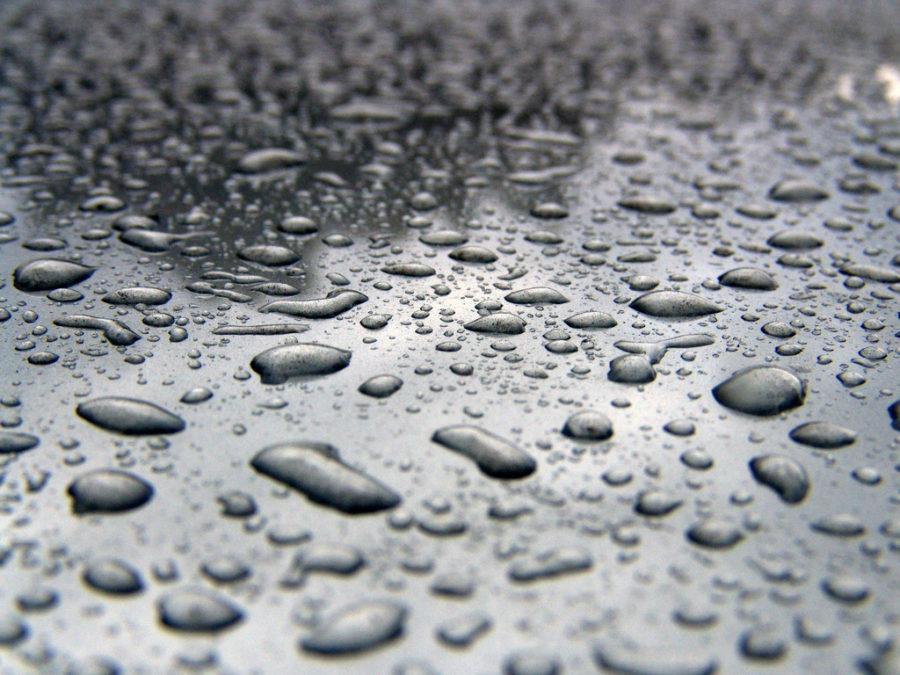Strange and seemingly frightening, the U.S. Environmental Protection Agency (EPA) recently identified miniscule amounts of radiation in rainwater in 12 states, one of which is Massachusetts.
Detailed filter analyses from 12 Radiation Network (RadNet) air monitor locations throughout the country found that the radioactive isotopes were consistent with that of the Fukushima nuclear plant occurrence in Japan, but the EPA is assuring American citizens that they need not worry about any safety threats.
According to the state website, Mass.gov, “There is no health impact to state drinking water supplies as a result of these findings, and state and federal health officials emphasized that there are no anticipated public health concerns.”
Mass.gov also noted that any I-131 concentrations found in rainwater samples are much higher than anything detected in a lake or pond, mainly because anything falling with precipitation would be significantly diluted once in the surface body of water. The Department of Public Health has been working with the Mass. Water Resource Authority by collecting raw drinking water samples from the Wachusett and Quabbin Reservoirs, with results showing no detectable levels of I-131 in either body of water. I-131 also has a short half-life, so health officials do not expect any concerns associated with the health of Massachusetts residents or any other affected states.
The EPA has been monitoring radiation levels in the 12 states and has concluded that they “are still far below levels of public health concern,” according to a March 28 press release.
“The drinking water supply in Massachusetts is unaffected by this short-term, slight elevation in radiation,” emphasized DPH Commissioner John Auerback. “However, we will carefully monitor the drinking water as we exercise an abundance of caution.”
Until the Fukushima nuclear plant is stabilized in Japan, trace amounts of I-131 will possibly continue to be identified as it rains in Massachusetts. However, the levels will still remain low – so low that Mass.gov stated that people should not worry about pets drinking rainwater, people eating vegetables from their garden, or kids playing in the rain.
In a typical day, people receive more radiation from natural sources – rocks, bricks, sun – that that are approximately 100,000 times higher than what has been detected coming from Japan, according to the state website.
“The initial result of DPH tests on water samples from the Quabbin and Wachusetts Reservoirs – the source of drinking water for 2.5 million Massachusetts residents — is good news,” said Energy and Environmental Affairs Secretary Richard K. Sullivan Jr. “In an abundance of caution, however, MassDEP [Department of Environmental Protection] is sampling additional areas today so that we can be confident that water bodies across the Commonwealth have not been impacted by the nuclear incident in Japan.”


















